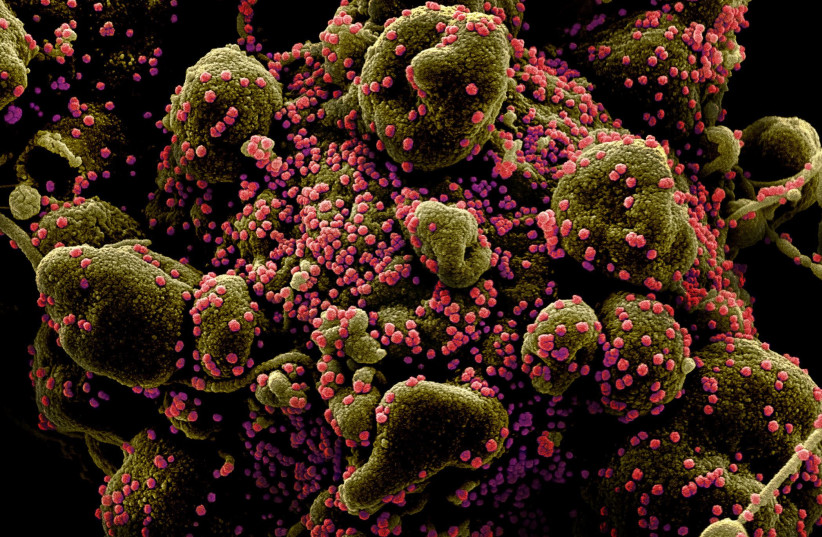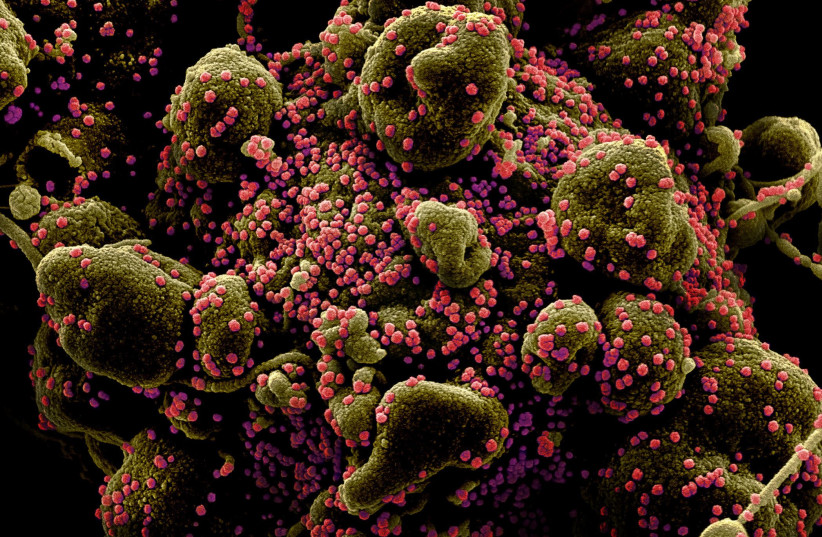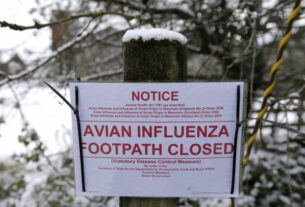
Coronavirus variants with clunky, alphanumeric names have now been assigned the letters of the Greek alphabet to simplify discussion and pronunciation while avoiding stigma.The World Health Organization revealed the new names on Monday amid criticism that those given by scientists to strains such as the South African variant – which goes by multiple names including B.1.351, 501Y.V2 and 20H/501Y.V2 – were too complicated.Since the pandemic began, the names people have used to describe the virus have provoked controversy. Former U.S. President Donald Trump called the new coronavirus “the China virus” and other monikers, raising concern he was using the names as a political weapon to shift blame to a rival nation.The WHO, which has urged people not to use language to advance COVID-19 profiling of people or nationalities, has also said people should avoid using country names in association with emerging variants.The four coronavirus variants considered of concern by the U.N. agency and known generally by the public as the UK, South Africa, Brazil and India variants have now been assigned the Greek letters Alpha, Beta, Gamma and Delta, respectively, according to the order of their detection.Other variants of interest continue down the alphabet.”While they have their advantages, these scientific names can be difficult to say and recall, and are prone to misreporting,” said the WHO, explaining the decision.
if(window.location.pathname.indexOf(“656089”) != -1){console.log(“hedva connatix”);document.getElementsByClassName(“divConnatix”)[0].style.display =”none”;}The choice of the Greek alphabet came after months of deliberations in which other possibilities such as Greek gods and invented, pseudo-classical names were considered, according to bacteriologist Mark Pallen, who was involved in the talks.Many, though, were already brands, companies or alien names.Another idea, to refer to variants of concern as VOC1, VOC2 and so on, was scrapped after Pallen pointed out pronunciation of the acronym could sound like an English swear word.Lost religions and the names of plants and fruits were also considered, the WHO said.Historically, viruses have often been associated with the locations from which they are thought to have emerged, such as the Ebola virus, which is named after a Congolese river.But this can be damaging and inaccurate such as with the “Spanish flu” pandemic of 1918 whose origins are unknown, although the earliest cases are now believed to have emerged in the U.S. state of Kansas.”No country should be stigmatized for detecting and reporting variants,” said WHO epidemiologist Maria Van Kerkhove.In the United States, Asians have been harassed and attacked during the pandemic, with activists and police saying anti-Asian sentiment was fuelled by Trump’s comments blaming the pandemic on China.President Joe Biden this month signed a law against COVID-19 hate crimes.Before the new WHO scheme, some scientists had adopted their own simplified nomenclature for variants such as in a February paper using bird names. However, this was criticised on the grounds that this could imperil birds and by the mother of a girl named Robin.




